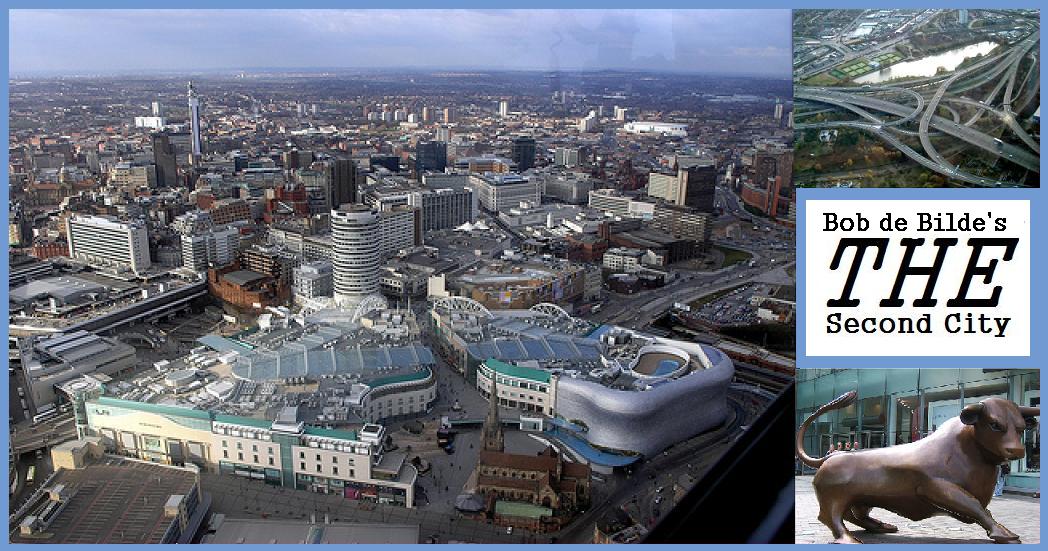 The New Year brings a new music director to Birmingham Royal Ballet: Koen Kessels, who once had thoughts of becoming an architect, as he explains during the course of this conversation.
The New Year brings a new music director to Birmingham Royal Ballet: Koen Kessels, who once had thoughts of becoming an architect, as he explains during the course of this conversation. The Belgian maestro takes over as BRB’s music director following the appointment of his predecessor, Barry Wordsworth, to the similar position at the Royal Ballet in the Royal Opera House, Covent Garden, where Kessels himself has worked.
Other venues where Koen has been engaged include the Theatre de la Monnaie, Flanders Opera, the Opera National de Paris, the National Opera Sofia, as well as work in Japan.
I spoke to 48-year-old Koen just before Christmas in his dressing-room in the palatial, brightly-lit labyrinth which is the Hippodrome’s backstage area, immediately after a matinee when he had conducted his first Nutcracker with the company since the news broke, and while he was waiting to return to the podium for the evening performance.
What sort of proportion of his work is in fact devoted to ballet? “Difficult to say. I try to combine all the different things I’m doing, but performing-wise I would say about 70 per cent of my conducting. “In my operatic conducting I have a Belgian Festival, where I prepare normally one opera a year, but this year I’m engaged in Paris, so I left it to a colleague, but I stay musical director of this company, which is called Zomeropera (Summer Opera) Alden Biesen. It’s an academy for bringing in young players with professional players, young singers with professional singers. “Mainly my conducting goes to the ballet at this point, and some to the HERMES ensemble I created in 1998 for contemporary music.”
Koen was for many years active as a repetiteur (rehearsal pianist and coach) in the opera-house, having trained as a solo pianist, “and from then on I went as assistant conductor in the Antwerp opera-house. I still live in Antwerp. “And then they gave me my first production after a while, which was Prokofiev’s ballet Cinderella.” The concert-hall doesn’t figure highly in Koen’s activities these days: “Mainly not. When I was trained as a pianist I would play lots of solos in the orchestra, and chamber music. “And when I left that, I was weighing up whether I would work as an architect or in music. When I was working in the Brussels opera-house I was very interested in the scenic aspect, the combination of what I would call the big machines in the staging together with the opera and the ballet, and this was more like when it gets involved into a whole construction with a lot of people involved.” Here I comment on the miraculous transformation scene in BRB’s Nutcracker). “Preparing not in one week like an orchestra project, but in one month, first two weeks, then four weeks, and then going onstage, and then the final contact with the orchestra, and going into the performance. But it’s this kind of preparation which attracts me, probably...















































No comments:
Post a Comment